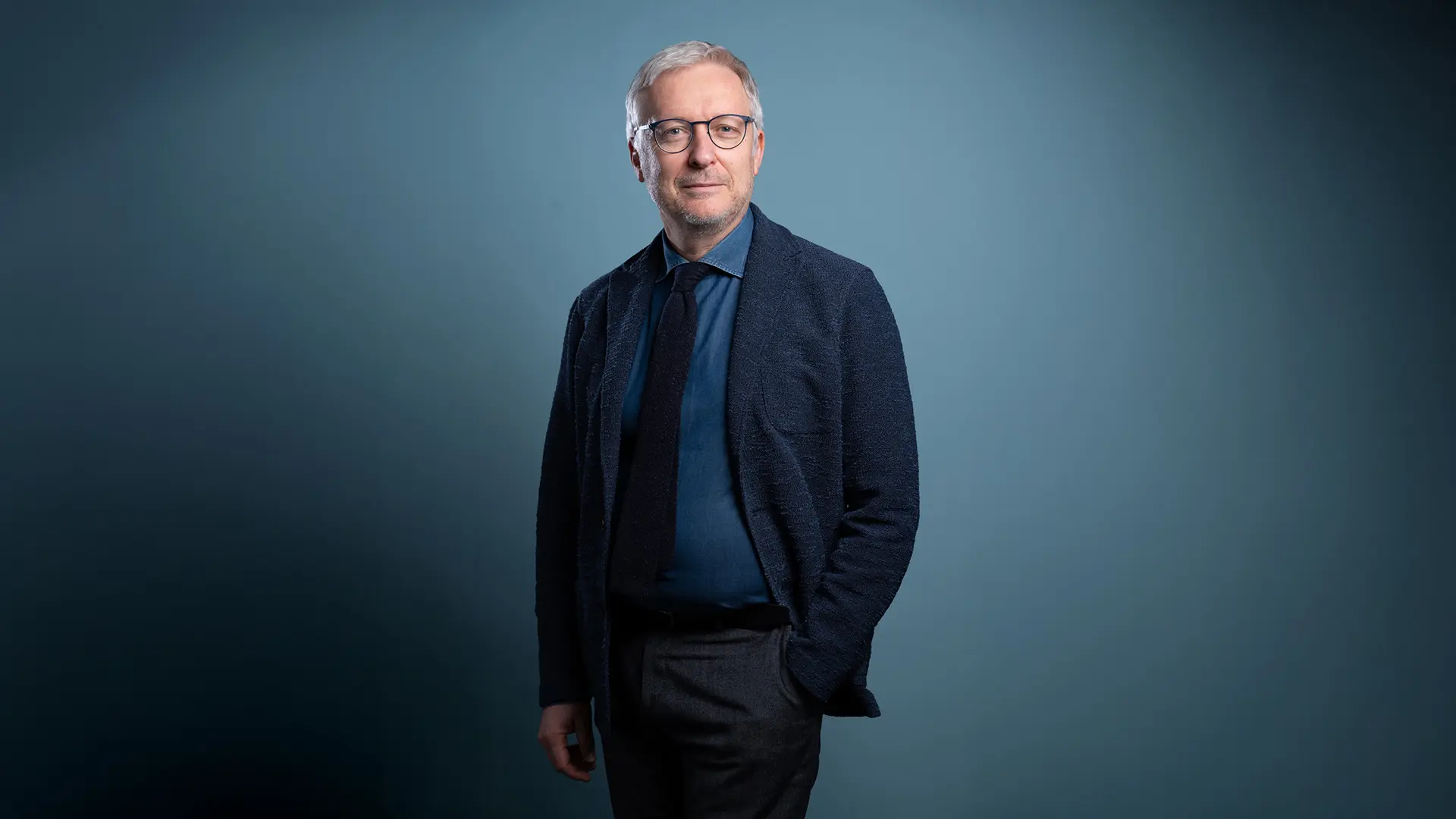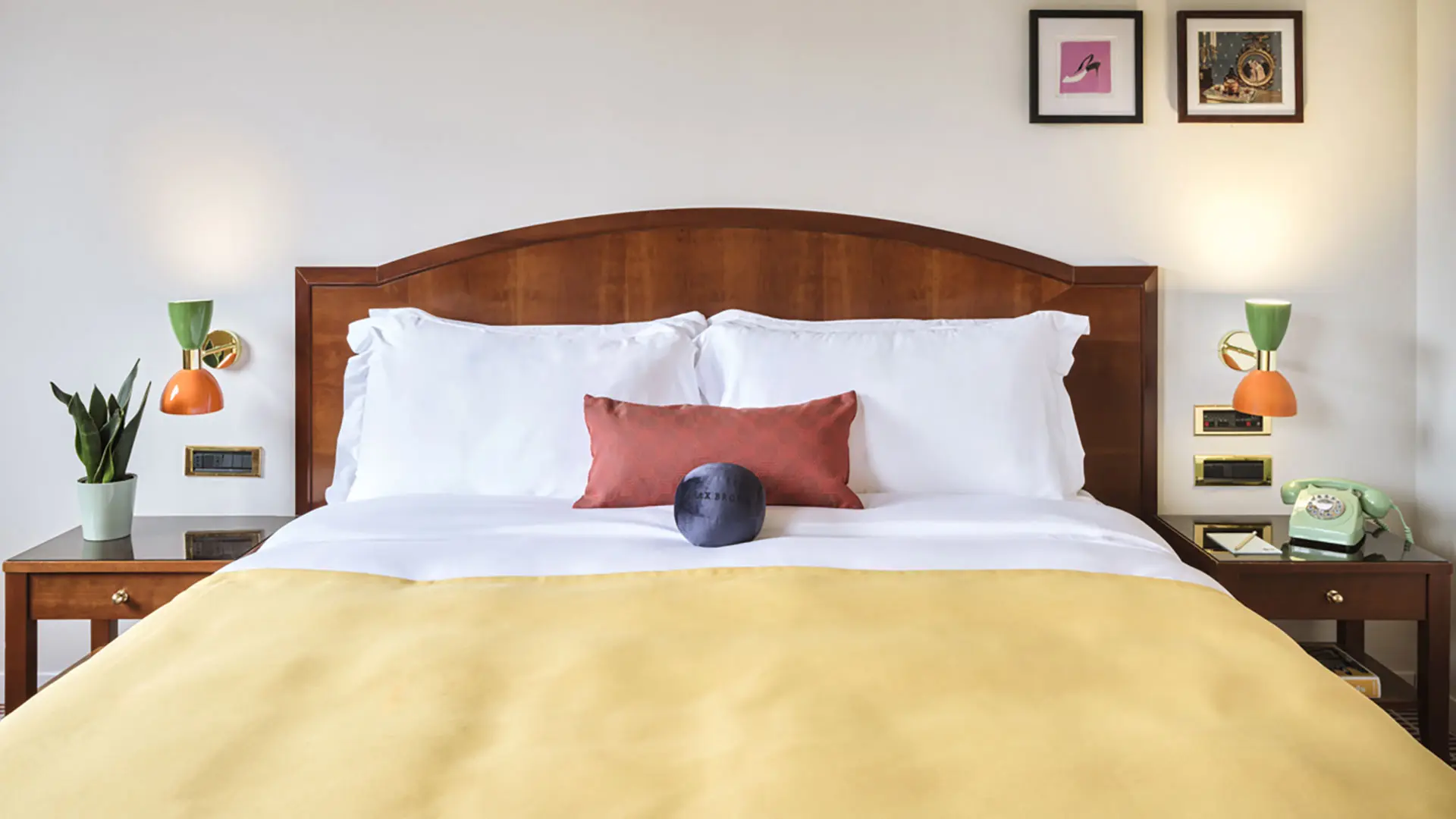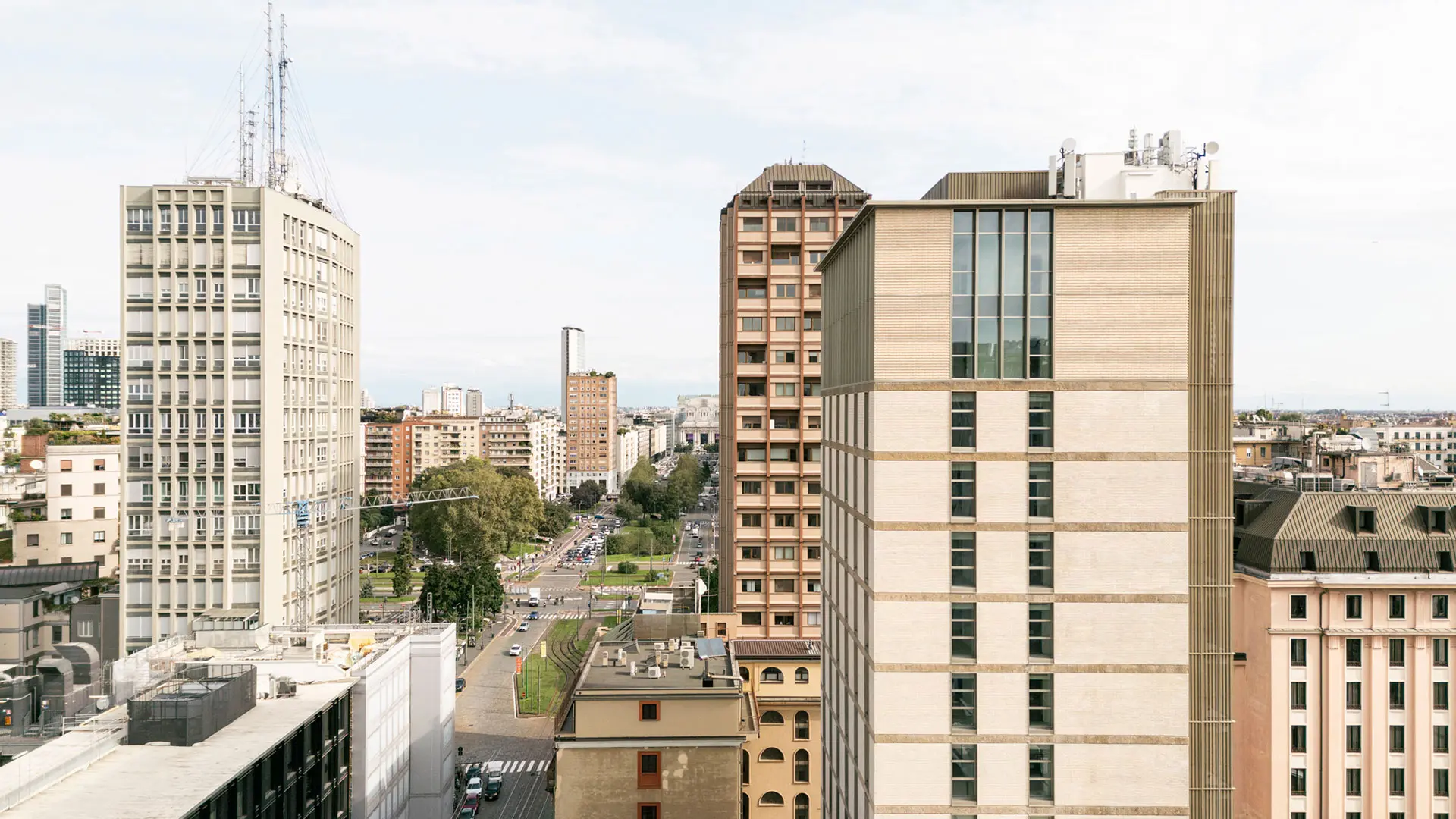In partnership with MiCodmc, a selection of establishments ripe for discovery during the 63rd edition of the Salone del Mobile.Milano, from 8th to 13th April
Francesco Zurlo: “With its vision, the Salone is able to steer towards a more sustainable approach”

Francesco Zurlo, Full Professor of Industrial Design Dean of the School of Design at the Politecnico di Milano
On the occasion of the presentation of the Annual Report (Eco) Sistema Design Milano, a conversation with Francesco Zurlo, full professor of Industrial Design and Dean of the School of Design at the Politecnico di Milano
The synergy between the Salone del Mobile.Milano and the Politecnico di Milano has led to the creation of (Eco) Sistema Design Milano. This is a Report that seeks to use qualitative and quantitative data to represent the dimensions of an event that every year helps make Milan the Capital of Design. A first piece in a larger mosaic that will guide the establishment of the first Permanent Observatory to monitor the developments and evolutions of an event unique worldwide.
The research project was curated by Susanna Legrenzi, Press & Communication Strategy Advisor of the Salone del Mobile.Milano, and by the Department of Design - Politecnico di Milano. On 28 November (relive the event) it was presented at the Piccolo Teatro Grassi, where the keynote address was delivered for the occasion by Charles Landry, essayist and urban sociologist.
With Francesco Zurlo, full professor of Industrial Design and Dean of the School of Design of the Politecnico di Milano, we talked about the importance of the meeting between the Salone del Mobile and the Politecnico, and touched on the challenges and opportunities that the design ecosystem has to face and grasp today.
As President Maria Porro suggested during the presentation of the Report, the Politecnico expresses a third party, because it has no direct interests related to the phenomenon of the Salone del Mobile.Milano and the Fuorisalone. Today the university is increasingly becoming an active social reality in the territory in which it is rooted, and can bring a scientific contribution to the analysis of significant local phenomena. The Salone del Mobile has decided to collaborate with us precisely because the Politecnico is one of the most important players in the Milan area.
A significant dimension concerns what we have defined as the Milan Design System. The fundamental question to ask is simple: could everything we see inside the Salone del Mobile exist if there were not a dimension of interest in design that expresses the city of Milan? Within the Report, we have detected a large number of players who deal with design, and who do so continuously 365 days a year. We have intercepted an institutional theme in support of the design universe. We have seen that the Milanese territory, due to the way it is configured, is capable of circulating a knowledge of design. All this supports such an important event as the Salone del Mobile. There is therefore a strong interdependence between these aspects. I am firmly convinced that what happens at the Salone is deeply bound up with what happens in the city. And I also believe that there should not be any conflict between these two dimensions, precisely because they nurture each other. There are infinite nuances that bring into play the commercial, cultural and communicative factors. This interdependence shows the need to avoid an idea of polarization, and understand that reality is made up of complexities and gradients. The cultural side of the Salone del Mobile, which among other things includes the SaloneSatellite, is just one example.
It is a useful instrument because until now there has not been such a concentrated and precise array of evidence. Thanks to this project, we have had the opportunity to contact various dataholders and to discuss the issues with numerous stakeholders. It was an important activity that led to a deeper understanding of this phenomenon. And a deep knowledge is essential to govern phenomena. Speaking of governance in relation to the theme of sustainable development, borrowing the words of the urban planner and sociologist Charles Landry, there is a jazz improvisation where all the actors involved are committed because there exists a common purpose. So I think we should support this jazz orchestration, but it’s also true that a good performance is subordinate to a plan. And it’s essential to understand how this is drafted. In this context, some companies are leading the way: think of the Salone del Mobile, which in 2023 obtained ISO 20121 certification, showing its concern for the issue of sustainability and its circular vision. The Salone is a positive example capable of influencing all the players in this industry.
We are immersed in a world situation of absolute uncertainty, volatility and ambiguity. And the only way to be able to deal with this dimension is to be constantly attentive to the phenomena of change and everything related to the practice of design: from new trends in materials, through technological developments. When producing a service or making a product, the culture of the project should continue to nurture the reason why. In this sense, knowledge of the contexts is essential, and it cannot be allowed to become dated. It needs to be constantly renewed and updated. I usually tell my students that a good designer must work 24 hours a day: he must keep his antennae attentive to perceive the signs of change. It is a distinctive element inherent in Italian design, where experimentation is an indispensable tool for learning.
Design is a practical and at the same time a reflective discipline. The reflective dimension underlies the theme of design culture. This means questioning a given choice rather than another. The practical dimension needs constant comparisons to be grounded. The Politecnico has always had a series of project activities conducted in collaboration with companies, which contact us to explore possibilities and opportunities. Our approach is learning by doing or learning by project. Collaboration is fundamental because it brings the business dimension into the university context. We have several initiatives to our credit, including Passion in action, which provides extracurricular courses for students. It is a particularly useful and educational way of bringing tomorrow’s designers closer to the business dynamics they will have to deal with as soon as they enter the world of work. And it is a reciprocal exchange: companies grow with us, so it is a win-win approach.


 Stories
Stories










